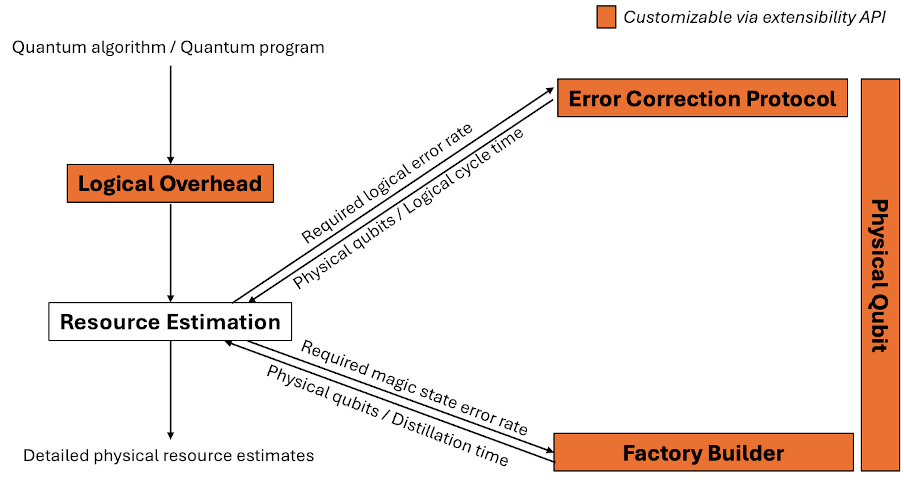


Circuit Diagrams with Q#
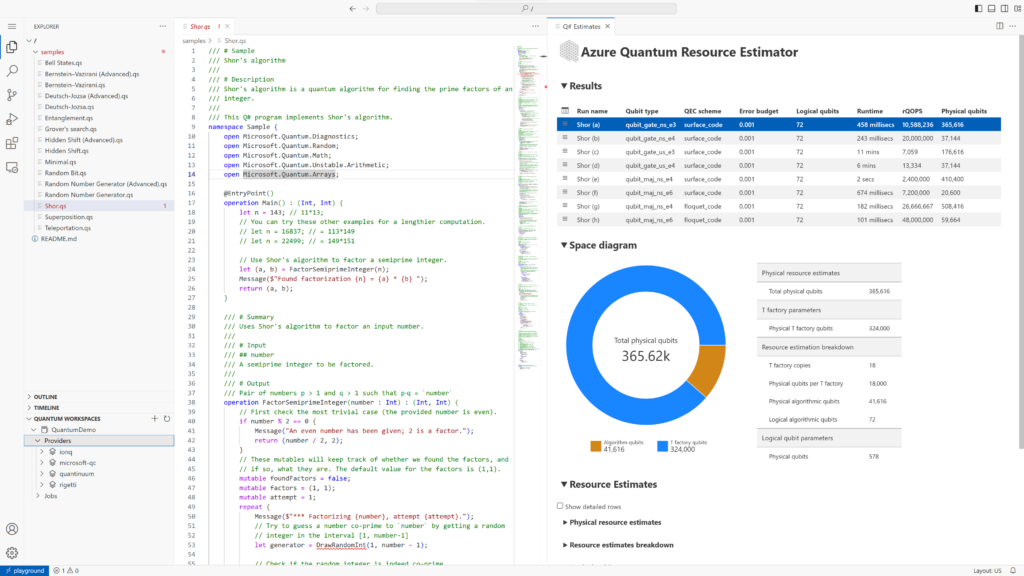
Announcing v1.0 of the Azure Quantum Development Kit

Azure Quantum Integrated Hybrid unlocks algorithmic primitives
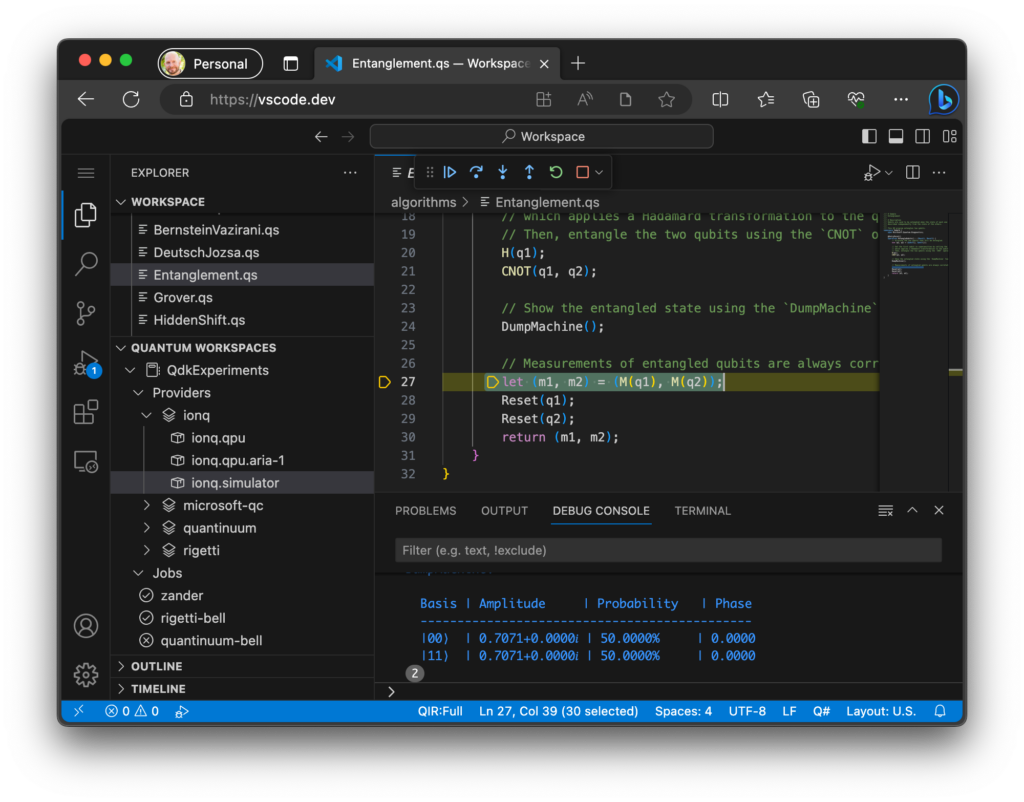
Introducing the Azure Quantum Development Kit Preview
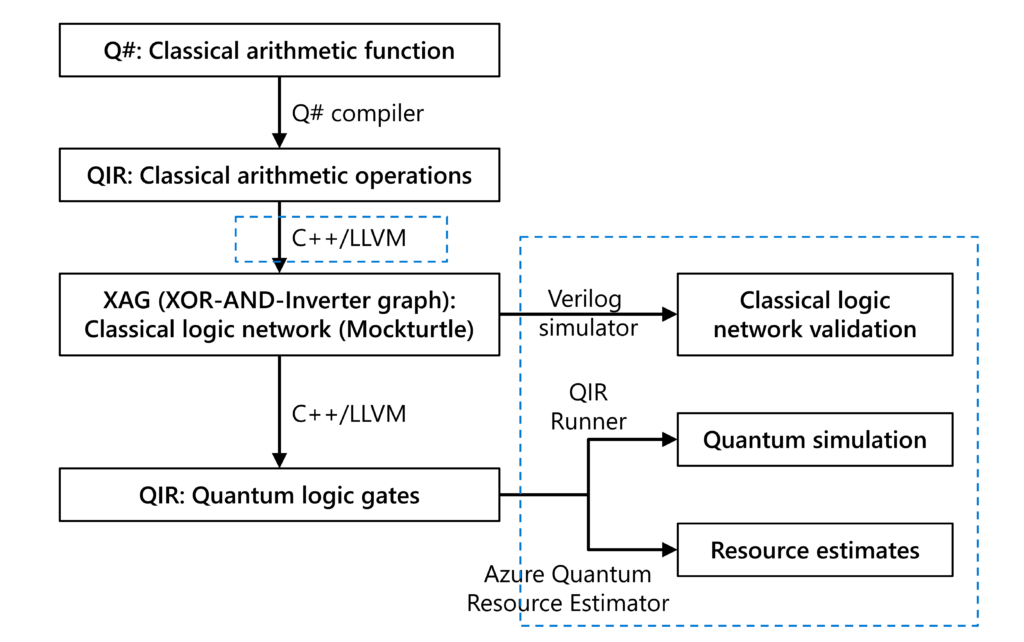
Mentoring capstone projects at the University of Washington

Azure Quantum introduces sessions to accelerate your research with variational algorithms
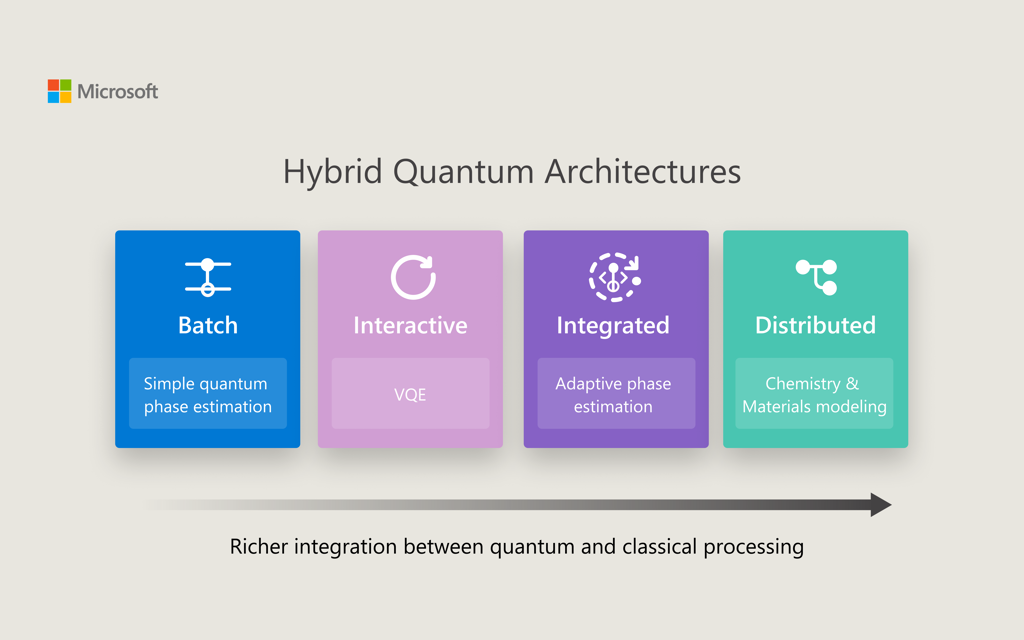
Azure Quantum unlocks the next generation of Hybrid Quantum Computing
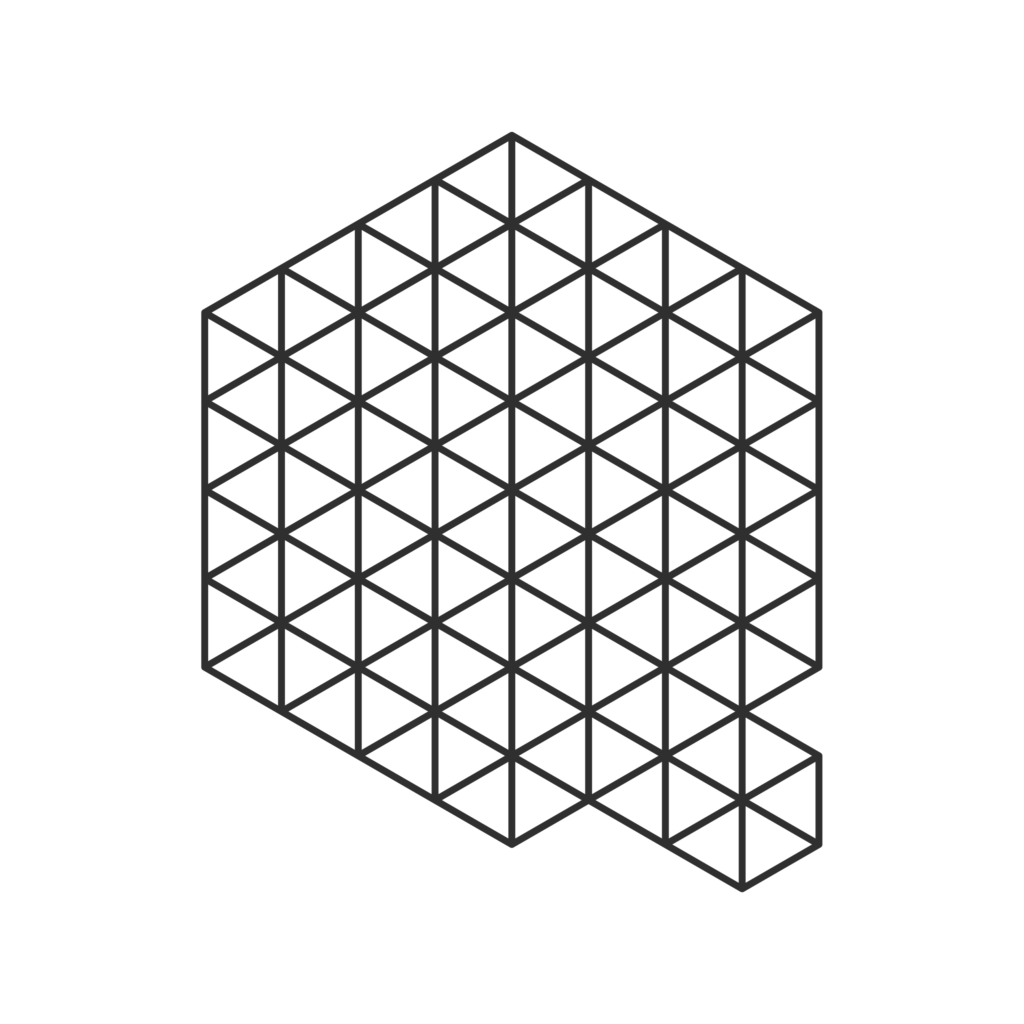
Azure Quantum Winter Learning Opportunities
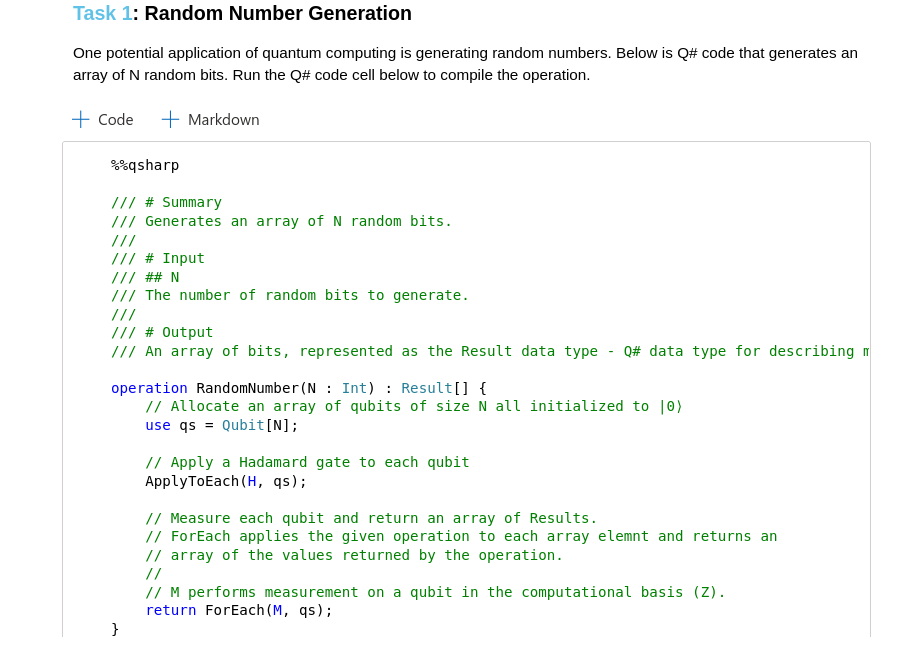

 Light
Light Dark
Dark